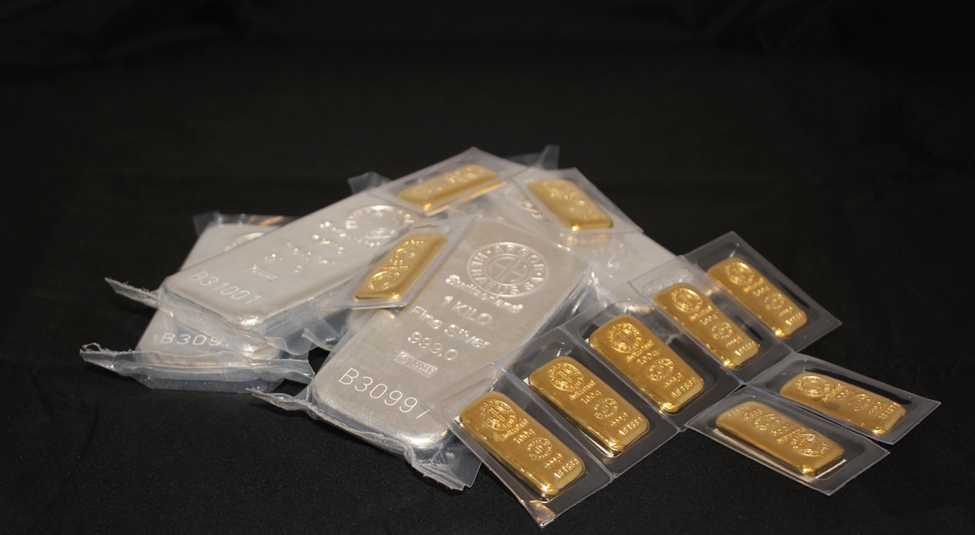Introduction
Whether you are a student or a financial guru, it is vital to understand the complete concept of commodities. It is a market sector known to make or break millionaires due to increasingly turbulent fluctuations. Before you decide to invest in it, let our article help you fully understand what you are getting into; read on.
What are commodities
Any valuable object used for commerce in a market or economy is referred to as a commodity. It is further described as the classification of a product that shows little difference and is of a generic type. Generic denotes that the value of the entire group of that commodity is comparable.

A commodity is distinguished by small price fluctuations but is acquired at the same price regardless of the difference in place of purchase. For instance, the price of a commodity like natural gas is based on how much the customer used rather than where it was produced.
Defining a commodity in economics
A commodity is a physical good that may be purchased, sold, or traded for items of comparable worth in economics. Essential crops like wheat and environmental assets like oil are two examples of commonly used commodities.
Commodities may be exchanged in market economies and have value, much as other asset types like stocks and equities. Additionally, the price of commodities can change per market change, scarcity, demand, and supply, just like other assets.
Benefits of investing in commodities
A wide range of commodities may be used as an optional asset category to diversify a portfolio. Some commodities, like precious metals, have been considered ideal inflation hedges. Some investors also turn to commodities during times of market turbulence since the prices of commodities frequently fluctuate counter to those of equities.

As with any investment, commodities include hazards as well as future value. An investor has to be aware of the markets for the commodity they seek to trade. You must have basic investment knowledge – knowing oil, gas, and other commodity prices might change depending on the political climate. What you invest in is also essential; Gold and Silver require a significant investment, but their payoff can be stable.
Contrarily, natural gas would require investment not as high, but the profit or loss situation can be risky. Nevertheless, it is believed that commodities, particularly gold, might act as a hedge against inflation and a market slump.
The commodity market and its volatility
Before investing in commodities, know the market's structure and unpredictability.

The commodity market is infamous for being the most volatile sector to trade in due for the following reasons -
- The commodities sector may be strongly impacted by global events, import restrictions, international competition, governmental laws, and economic conditions, all of which can influence commodity prices.
- Commodity prices can be pretty turbulent and unpredictable. Before going in, understand fully that your investment might lose value.
- In addition to supply and demand, a market's willingness to pay for commodities also frequently impacts its supply.
- Oil is one of the most crucial commodities in the modern world. The majority of us who can recall the 1980s and 1990s saw the price of oil soar from less than $20 per barrel to well over a hundred dollars today! The oil initially believed to be too costly to extract because it was too deep in the earth or a remote location, trapped inside complex rock formations, etc., is now being tapped into and processed due to the price increase.
Then again, it was not too long ago when companies were paying you to receive crude oil for free! That's how incredibly fluctuating the market can be.
Conclusion
A commodity is a fundamental good used in trade and may be exchanged for other items. Usually, the creation of additional goods and services begins with the production of commodities. For instance, the quantity consumed by a consumer rather than the production location determines the price of a commodity like natural gas. A commodity is a physical good that may be purchased, sold, or traded for items of comparable worth in economics.
Two examples of often utilized commodities are environmental resources like oil and necessary crops like wheat. Similar to other asset classes like stocks and shares, commodities may be traded in market economies and have value.
Frequently Asked Questions
Q: What is the difference between a commodity and a product?
A: You can think of a commodity as a raw resource used to create completed items. Contrarily, a product is a processed and finished object offered for sale to customers.
Q: Can gold and silver be considered commodities?
A: People regard precious metals like gold and silver as commodities. Globally, people view gold and silver as highly investable commodities with excellent liquidity and consistent market demand. Precious metals are commodities with great value and steady demand because they are continually acquired by people, banks, businesses, and governments.
Q: What is the most volatile commodity to trade?
A: Generally, the most unstable commodity to trade is natural, unprocessed crude oil. It is risky because the price can go up or down depending on unpredictable factors. Political conditions, the discovery of deposits, and strategies to tap into deposits can influence the price considerably.
Q: How is the trading of commodities regulated?
A: In the US in 1936, The Commodity Exchange Act, enacted by Congress, regulates the trade of all commodities. The Commodity Futures Trading Commission, founded in 1975 to regulate commodity trading, took over from the 1936-established Commodity Exchange Authority and Commodity Exchange Commission.




